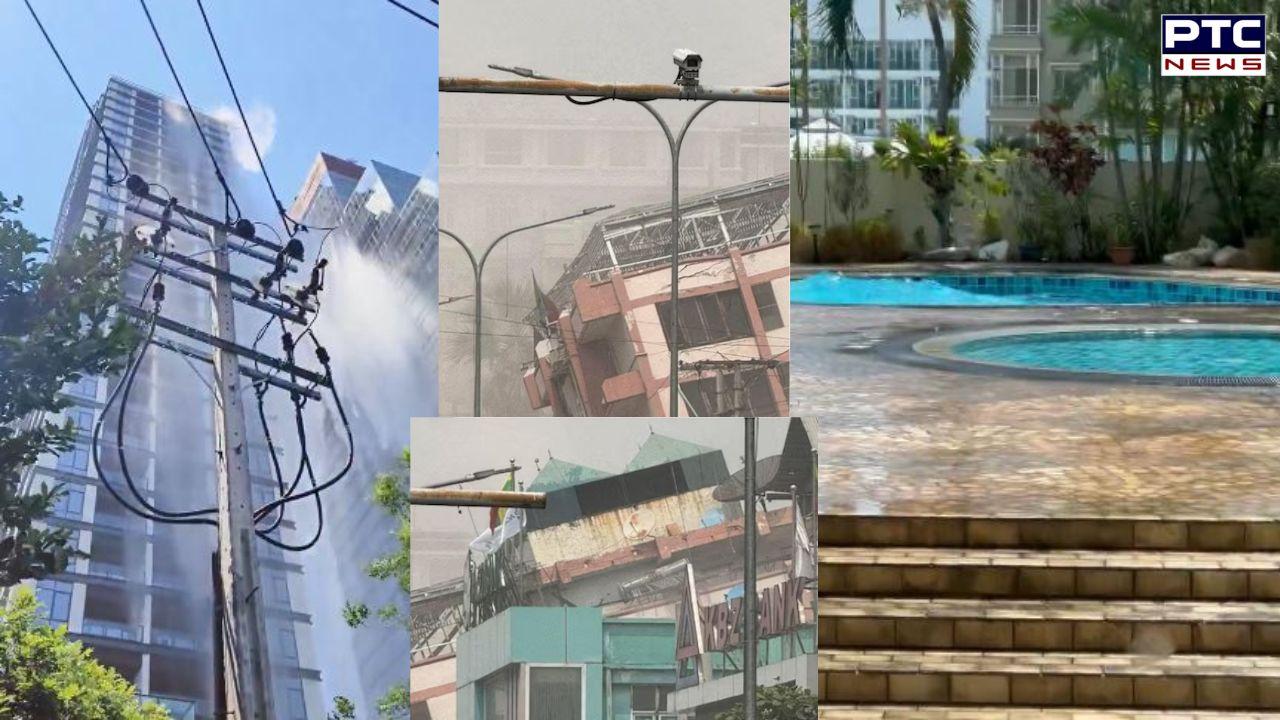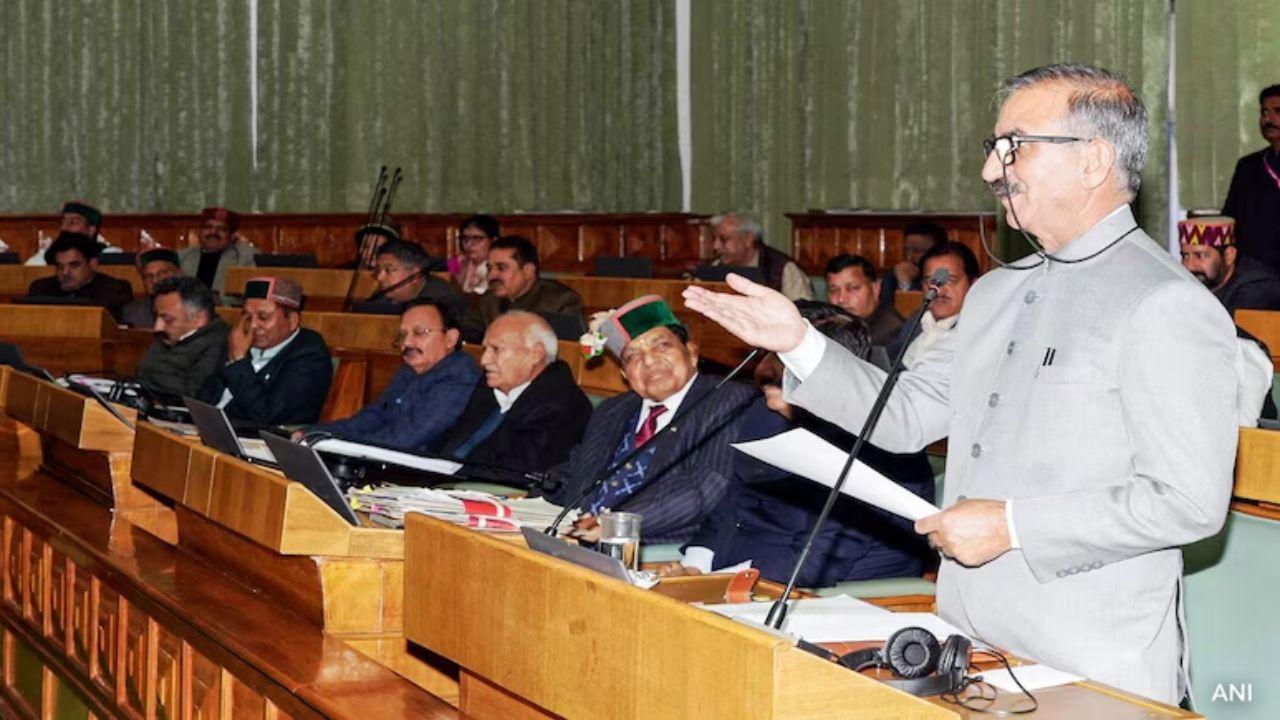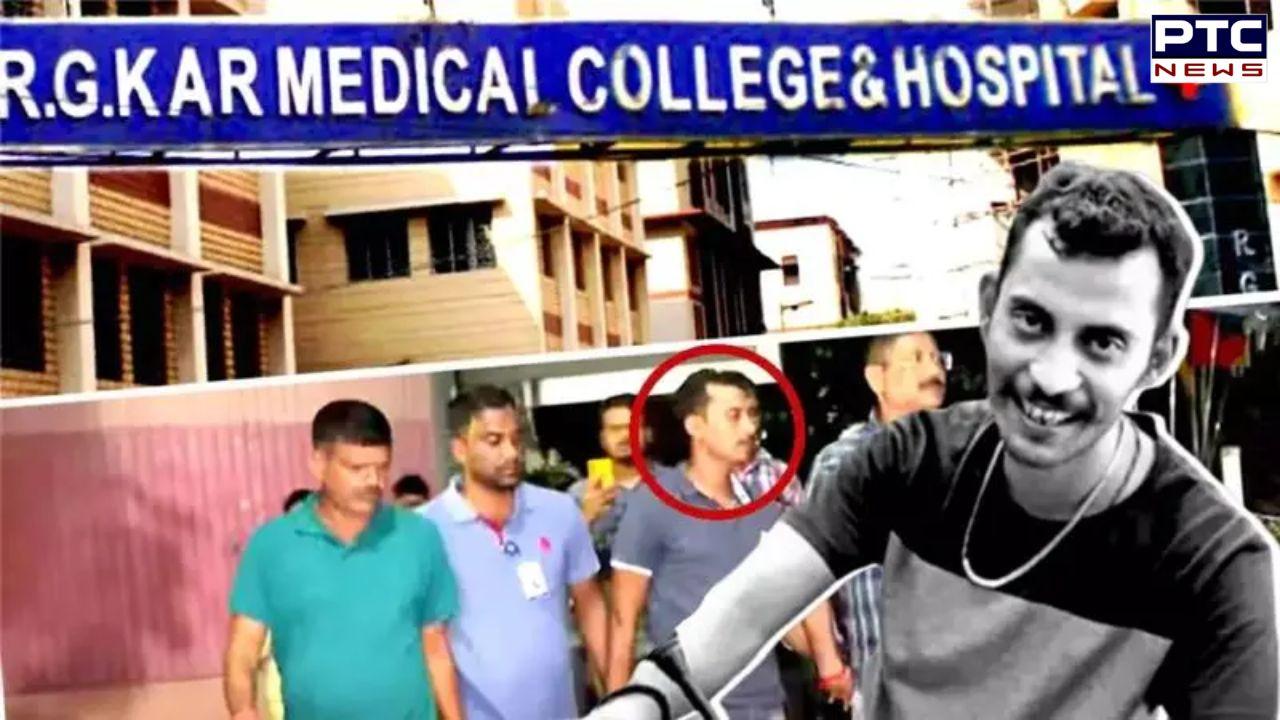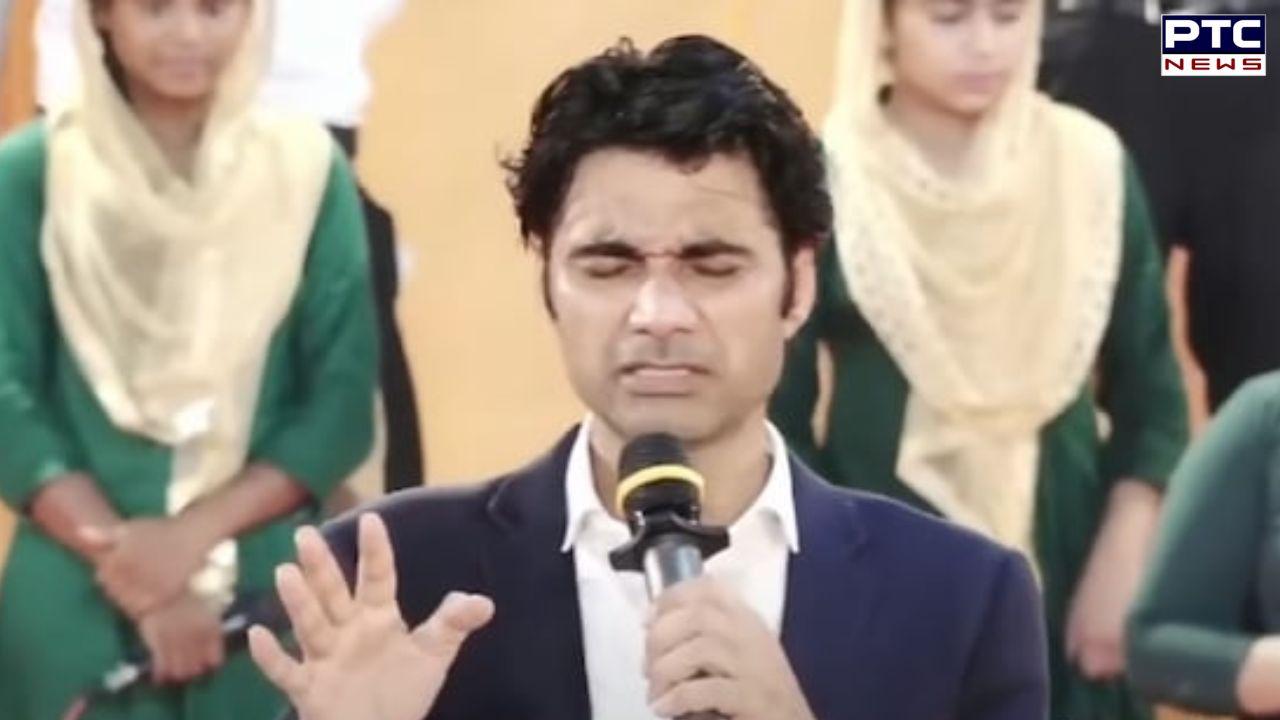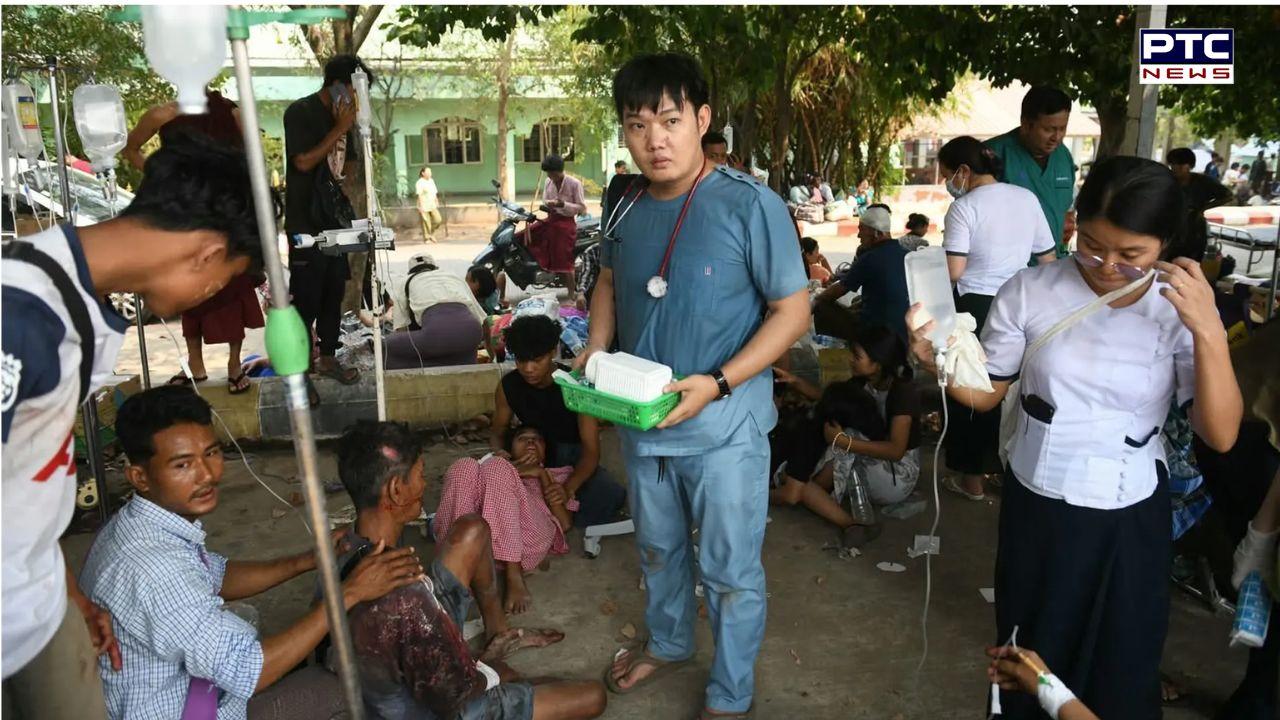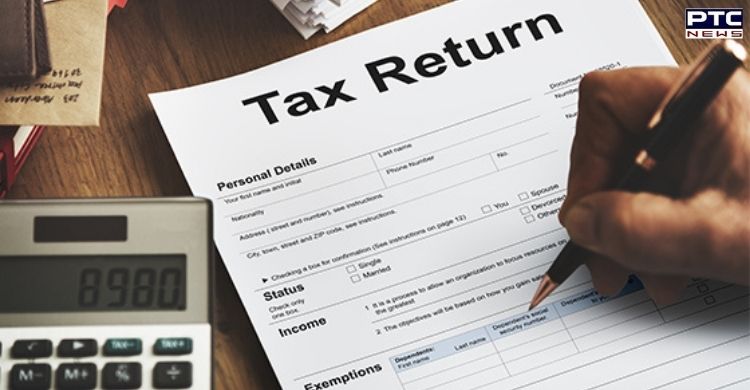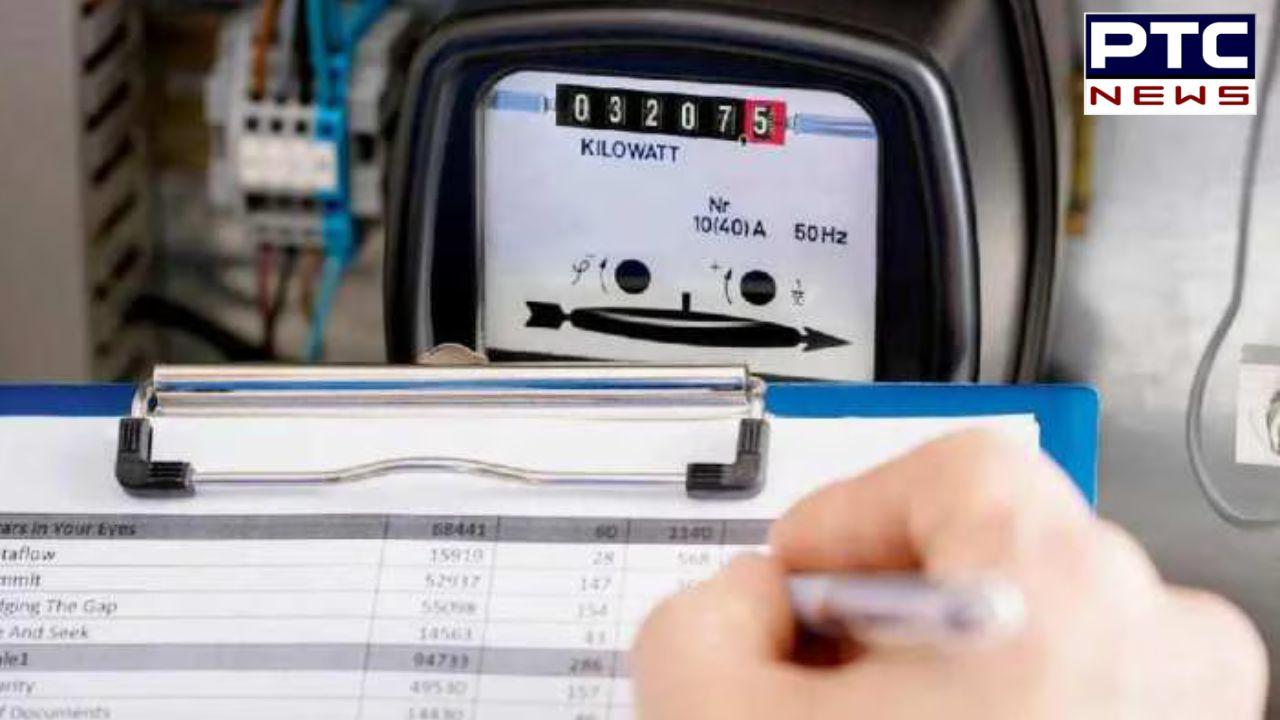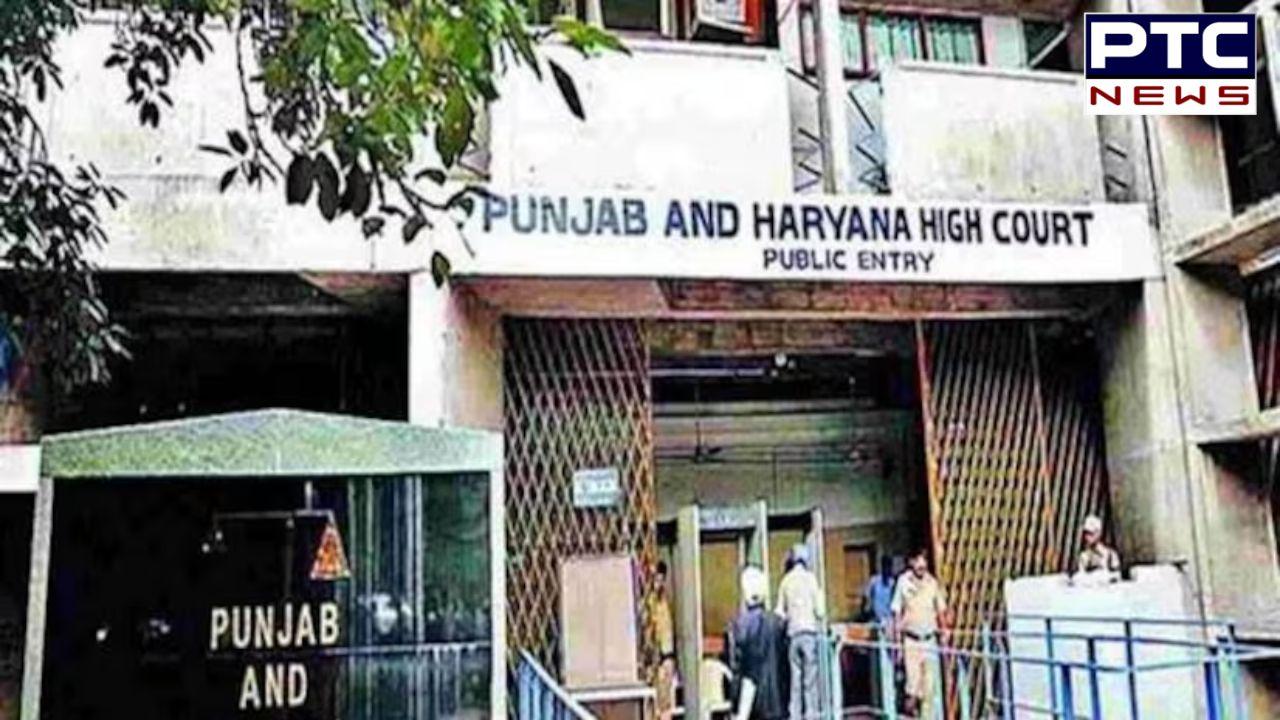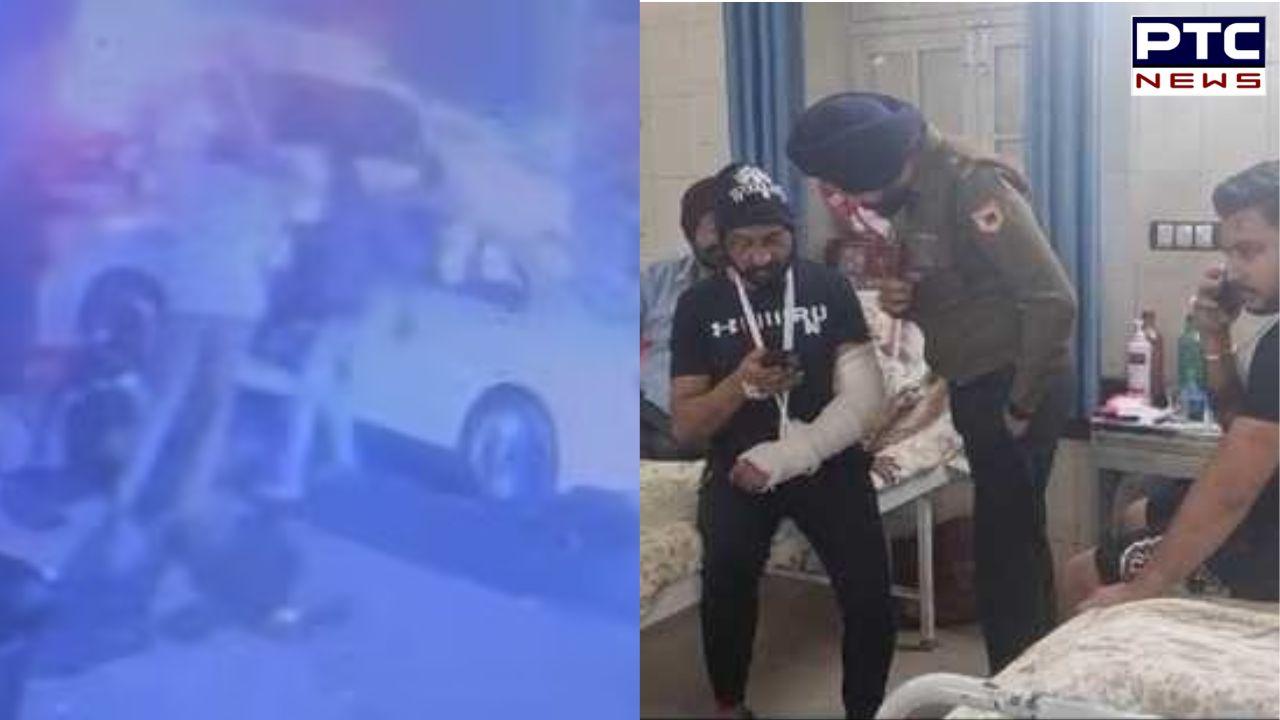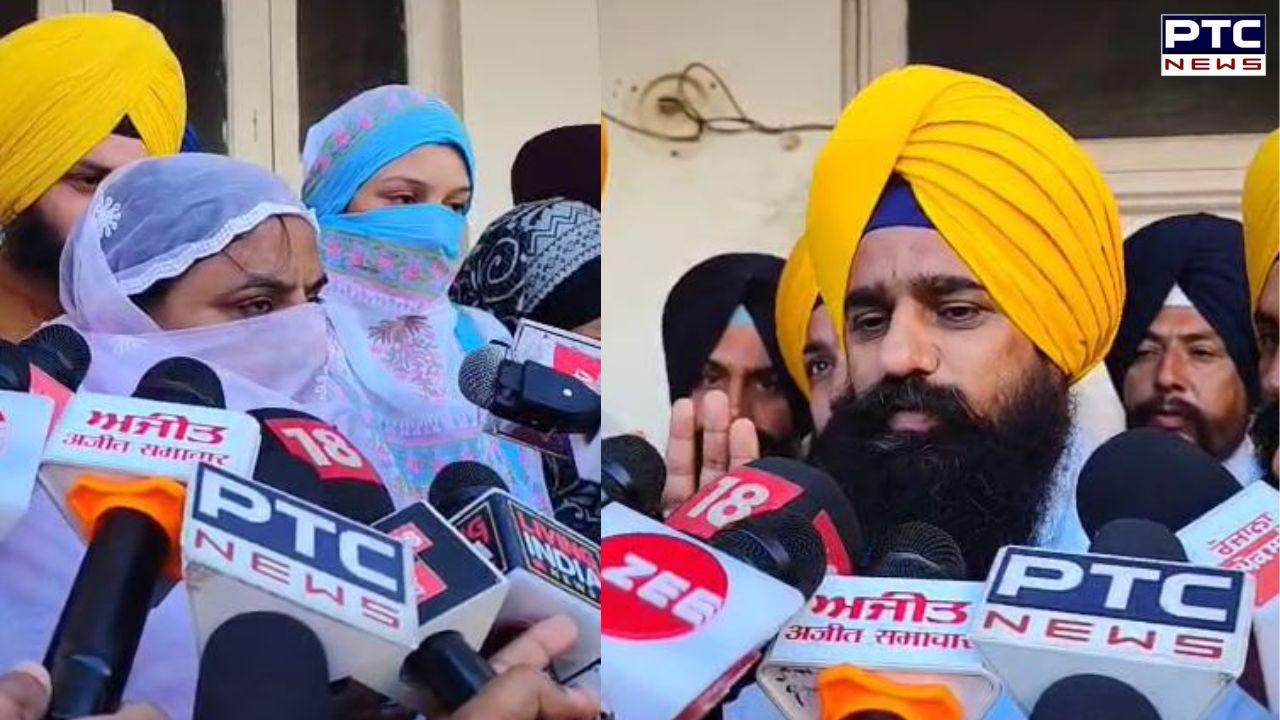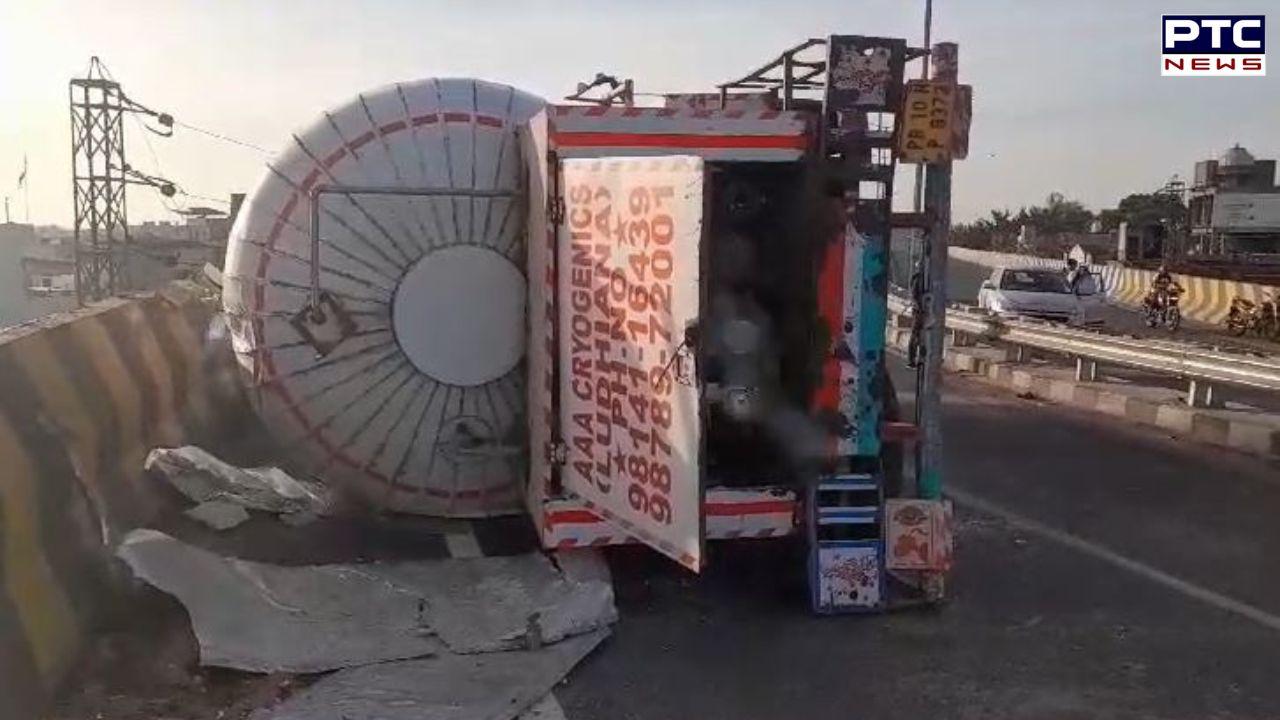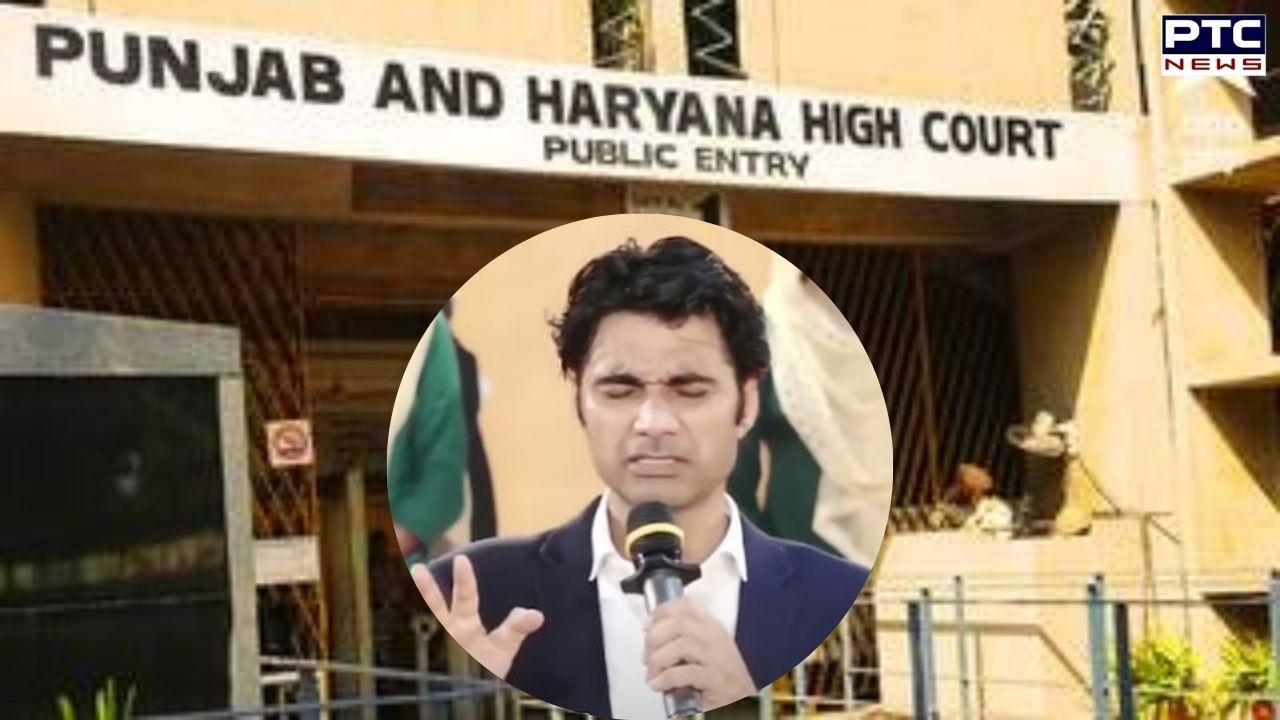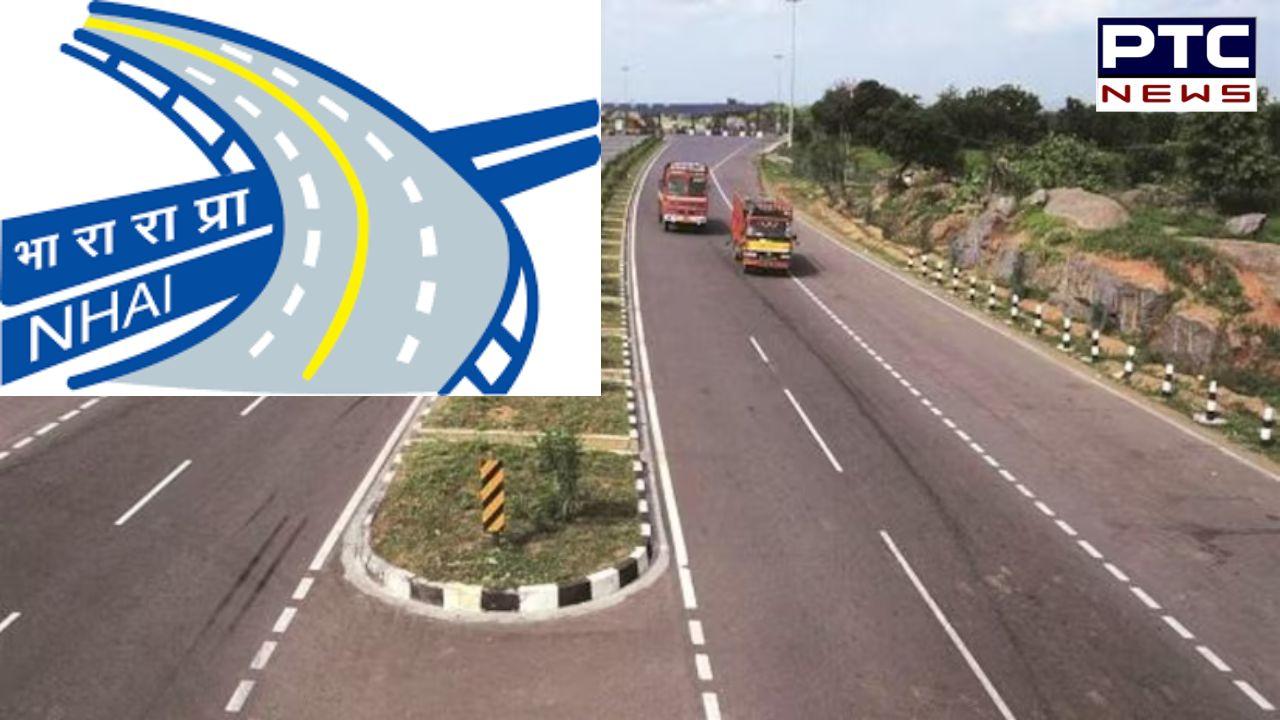Looking for competent staff and Chartered Accountants to file your Income Tax Return (ITR), then this article will surely help you file the same on your own.

For the filing of Income Tax Returns, one can register with the Income Tax website i.e.,
eportal.incometax.gov.in through PAN (Permanent Account Number). The main consideration should be given on residential status, person, scope of income, tax year ie, previous year between April 1 and March 31.
Also read | SC refuses to interfere with HC order staying cancellation of Orbit bus permits
As per Income Tax Act, every person, whose total income exceeds the maximum 26AS amount (annual statement) not chargeable to tax, shall be chargeable to tax at the rate or rates prescribed in the Finance Act.
[caption id="" align="aligncenter" width="770"]
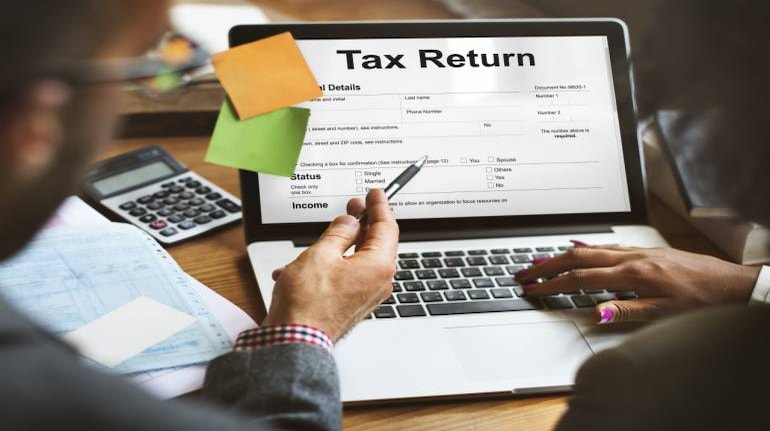
Social media[/caption]
Primarily, there are five parts in Income Tax Return in which we must provide the given information:
Part A: General Information about the Tax Individual. It contains, PAN, Name, Date of Birth, Aadhar No. Mobile No., Email Address, Address, section under which Return is going to be filed whether on or before the due date [u/s 139(1)]; Belated [u/s 139(4)]; Revised [u/s 139(5)], Nature of Employment etc.
Part B: Gross Total Income , that comes from various sources on the Return Forms like Salary, Income from House Property, Income from Business, or Profession, Capital Gain, Income from other sources
Part C: Deductions and Taxable Total Income , this contains various deductions under Chapter VI A of the Income Tax Act. Like
80C : Deduction in respect of Life Insurance Premium, Annuity, Contributions to Provident Fund (PF), Tuition Fees etc. The deduction limit is Rs 1.5 lakh together with section 80CCC and section 80CCD (1).
80CCD(1B): Deduction up to Rs 50,000 in respect of Contribution to Pension Scheme of Central Government (NPS).
[caption id="" align="aligncenter" width="1200"]

Social media[/caption]
80D: Deduction for Medi-claim premium. Premium paid up to Rs 25,000 is eligible for deduction for individuals, other than Senior Citizens. For Senior Citizens, the limit is Rs 50,000 and the overall limit u/s 80D is Rs 1 lakh.
Also read | 101 Omicron cases detected across 11 states, UTs so far: Govt
80DD: Deduction for maintenance including medical treatment of a dependent who is a person with a disability. The maximum deduction limit under this section is Rs 75,000.
80DDB: Deduction in respect of expenditure up to Rs 40,000 on medical treatment of specified disease from a neurologist, an oncologist, a urologist, a hematologist, an immunologist, or such other specialist, as may be prescribed.
80E: Deduction for Interest on Loan taken for higher education without any ceiling.
80EE: Deduction for interest up to Rs 50,000 on Loan taken for residential house property.
80EEA: Deduction for interest up to Rs 1.5 lakh on Loan taken for certain house property (on affordable housing).
80EEB: Deduction for interest up to Rs 1.5 lakh on Loan taken for the purchase of the electric vehicle.
[caption id="" align="alignnone" width="900"]
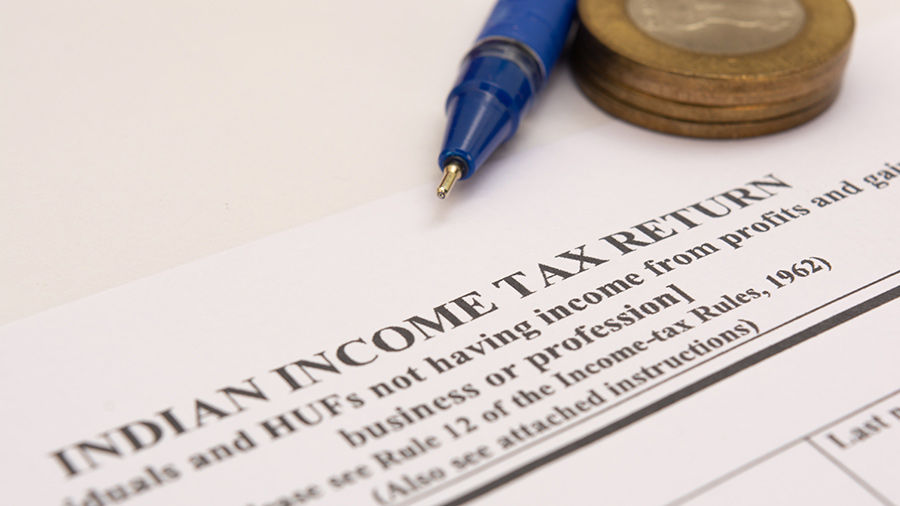
Social media[/caption]
80G: Donations to certain funds, charitable institutions, etc. depending on the nature of the donation, the limit varies from 100 per cent of total donation, 50 per cent of total donation or 50 per cent of donation with a cap of 10 per cent of Gross Income.
80GG: Deductions in respect of the rent paid by non-salaried individuals who don't get House Rent Allowance benefits. The deduction limit is Rs 5,000 per month or 25 per cent of total income in a year, whichever is less.
80GGA: Full deductions in respect of certain donations for scientific research or rural development.
80GGC: Full deductions in respect of donations to Political Party, provided such donations are non-cash donations.
80TTA: Deductions in respect of Interest on Savings Bank Accounts up to Rs 10,000 in case of assesses other than Resident Senior Citizens.
80TTB: Deductions in respect of Interest on deposits up to Rs 50,000 in case of Resident Senior Citizens.
[caption id="" align="aligncenter" width="770"]

Social media[/caption]
80U: Deduction in case of a person with a disability. Depending on the type and extent of disability maximum deduction allowed under this section is Rs 1.25 lakh.
Part D: Computation of Tax Payable , the Tax on Income, Health and Education Cess, Rebate u/s 87A and the Interest u/s 234A, 234B and 234C of the Income Tax Act is auto-calculated by the Income TaxSoftware whether filing online or offline or through any other software available in the market.
Also read | Australia bouncy castle accident that left five children dead; know more
Part E: Other Information , includes details of Bank Accounts with IFSC code and Account Number and has the person done any of the followings, during the previous year, -- (i) hold, as beneficial owner, beneficiary or otherwise, any asset (including financial interest in any entity) located outside India; or (ii) have signing authority in any account located outside India; or (iii) have income from any source outside India [applicable only in case of a resident] [Ensure Schedule FA is filled up if the answer is Yes.
Apart from the above, we have to provide the Tax Payment details; like TDS which is auto-captured, however, we have to check with 26AS statement that provides details of any amount deducted as TDS or TCS from various sources of income of a taxpayer. Details of payments of Advance Tax and Self-Assessment Tax -
[caption id="" align="aligncenter" width="305"]

Social media[/caption]
And lastly the
Verification in the following format:
I, son/ daughter of, ......solemnly declare that to the best of my knowledge and belief, the information given in the return and schedules thereto is correct and complete and is in accordance with the provisions of the Income-tax Act, 1961. I further declare that I am making return in my capacity as ___________ and I am also competent to make this return and verify it. I am holding Permanent Account Number (if allotted) (Please see instruction) I further declare that the critical assumptions specified in the agreement have been satisfied and all the terms and conditions of the agreement have been complied with. (Applicable in a case where return is furnished under Section 92CD).
After completing the ITR form, we proceed for online verification in which the software checks and correlates the information provided by us. If there is any discrepancy, an error will be displayed and we would have to rectify it to proceed to the next level i.e., e-verification.
[caption id="" align="alignnone" width="1230"]
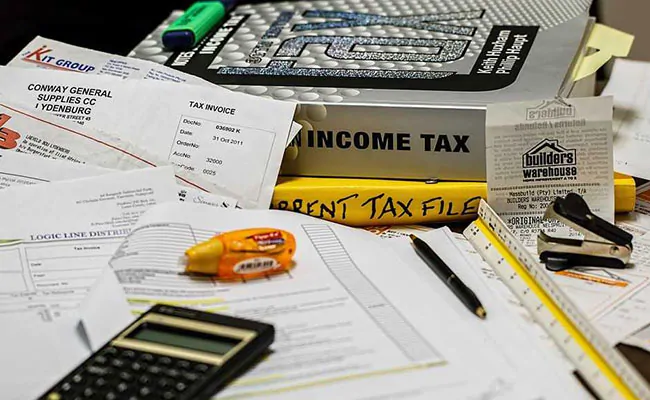)
Social media[/caption]
One can verify one's returns online(e-verification) using:
* OTP on mobile number registered with Aadhaar, or
* EVC generated through your pre-validated bank account, or
* EVC generated through your pre-validated demat account, or
* EVC through ATM (offline method), or
* Net Banking, or
* Digital Signature Certificate (DSC).
After E-verification now, one can download the ITR and acknowledgement copy for the record. If Return is not E-verified then take a print of ITR Receipt, sign it at specified place and send it to the CPC Bangalore within 120 Days of the filing of the ITR.
Disclaimer: The author of this article is Shankar Mishra, a Chartered Accountant with more than 20 years of experience in the field of Direct & Indirect Taxes and Company Law Matters.
-PTC News
 For the filing of Income Tax Returns, one can register with the Income Tax website i.e., eportal.incometax.gov.in through PAN (Permanent Account Number). The main consideration should be given on residential status, person, scope of income, tax year ie, previous year between April 1 and March 31.
Also read | SC refuses to interfere with HC order staying cancellation of Orbit bus permits
As per Income Tax Act, every person, whose total income exceeds the maximum 26AS amount (annual statement) not chargeable to tax, shall be chargeable to tax at the rate or rates prescribed in the Finance Act.
[caption id="" align="aligncenter" width="770"]
For the filing of Income Tax Returns, one can register with the Income Tax website i.e., eportal.incometax.gov.in through PAN (Permanent Account Number). The main consideration should be given on residential status, person, scope of income, tax year ie, previous year between April 1 and March 31.
Also read | SC refuses to interfere with HC order staying cancellation of Orbit bus permits
As per Income Tax Act, every person, whose total income exceeds the maximum 26AS amount (annual statement) not chargeable to tax, shall be chargeable to tax at the rate or rates prescribed in the Finance Act.
[caption id="" align="aligncenter" width="770"] Social media[/caption]
Primarily, there are five parts in Income Tax Return in which we must provide the given information:
Part A: General Information about the Tax Individual. It contains, PAN, Name, Date of Birth, Aadhar No. Mobile No., Email Address, Address, section under which Return is going to be filed whether on or before the due date [u/s 139(1)]; Belated [u/s 139(4)]; Revised [u/s 139(5)], Nature of Employment etc.
Part B: Gross Total Income , that comes from various sources on the Return Forms like Salary, Income from House Property, Income from Business, or Profession, Capital Gain, Income from other sources
Part C: Deductions and Taxable Total Income , this contains various deductions under Chapter VI A of the Income Tax Act. Like 80C : Deduction in respect of Life Insurance Premium, Annuity, Contributions to Provident Fund (PF), Tuition Fees etc. The deduction limit is Rs 1.5 lakh together with section 80CCC and section 80CCD (1).
80CCD(1B): Deduction up to Rs 50,000 in respect of Contribution to Pension Scheme of Central Government (NPS).
[caption id="" align="aligncenter" width="1200"]
Social media[/caption]
Primarily, there are five parts in Income Tax Return in which we must provide the given information:
Part A: General Information about the Tax Individual. It contains, PAN, Name, Date of Birth, Aadhar No. Mobile No., Email Address, Address, section under which Return is going to be filed whether on or before the due date [u/s 139(1)]; Belated [u/s 139(4)]; Revised [u/s 139(5)], Nature of Employment etc.
Part B: Gross Total Income , that comes from various sources on the Return Forms like Salary, Income from House Property, Income from Business, or Profession, Capital Gain, Income from other sources
Part C: Deductions and Taxable Total Income , this contains various deductions under Chapter VI A of the Income Tax Act. Like 80C : Deduction in respect of Life Insurance Premium, Annuity, Contributions to Provident Fund (PF), Tuition Fees etc. The deduction limit is Rs 1.5 lakh together with section 80CCC and section 80CCD (1).
80CCD(1B): Deduction up to Rs 50,000 in respect of Contribution to Pension Scheme of Central Government (NPS).
[caption id="" align="aligncenter" width="1200"] Social media[/caption]
80D: Deduction for Medi-claim premium. Premium paid up to Rs 25,000 is eligible for deduction for individuals, other than Senior Citizens. For Senior Citizens, the limit is Rs 50,000 and the overall limit u/s 80D is Rs 1 lakh.
Also read | 101 Omicron cases detected across 11 states, UTs so far: Govt
80DD: Deduction for maintenance including medical treatment of a dependent who is a person with a disability. The maximum deduction limit under this section is Rs 75,000.
80DDB: Deduction in respect of expenditure up to Rs 40,000 on medical treatment of specified disease from a neurologist, an oncologist, a urologist, a hematologist, an immunologist, or such other specialist, as may be prescribed.
80E: Deduction for Interest on Loan taken for higher education without any ceiling.
80EE: Deduction for interest up to Rs 50,000 on Loan taken for residential house property.
80EEA: Deduction for interest up to Rs 1.5 lakh on Loan taken for certain house property (on affordable housing).
80EEB: Deduction for interest up to Rs 1.5 lakh on Loan taken for the purchase of the electric vehicle.
[caption id="" align="alignnone" width="900"]
Social media[/caption]
80D: Deduction for Medi-claim premium. Premium paid up to Rs 25,000 is eligible for deduction for individuals, other than Senior Citizens. For Senior Citizens, the limit is Rs 50,000 and the overall limit u/s 80D is Rs 1 lakh.
Also read | 101 Omicron cases detected across 11 states, UTs so far: Govt
80DD: Deduction for maintenance including medical treatment of a dependent who is a person with a disability. The maximum deduction limit under this section is Rs 75,000.
80DDB: Deduction in respect of expenditure up to Rs 40,000 on medical treatment of specified disease from a neurologist, an oncologist, a urologist, a hematologist, an immunologist, or such other specialist, as may be prescribed.
80E: Deduction for Interest on Loan taken for higher education without any ceiling.
80EE: Deduction for interest up to Rs 50,000 on Loan taken for residential house property.
80EEA: Deduction for interest up to Rs 1.5 lakh on Loan taken for certain house property (on affordable housing).
80EEB: Deduction for interest up to Rs 1.5 lakh on Loan taken for the purchase of the electric vehicle.
[caption id="" align="alignnone" width="900"] Social media[/caption]
80G: Donations to certain funds, charitable institutions, etc. depending on the nature of the donation, the limit varies from 100 per cent of total donation, 50 per cent of total donation or 50 per cent of donation with a cap of 10 per cent of Gross Income.
80GG: Deductions in respect of the rent paid by non-salaried individuals who don't get House Rent Allowance benefits. The deduction limit is Rs 5,000 per month or 25 per cent of total income in a year, whichever is less.
80GGA: Full deductions in respect of certain donations for scientific research or rural development.
80GGC: Full deductions in respect of donations to Political Party, provided such donations are non-cash donations.
80TTA: Deductions in respect of Interest on Savings Bank Accounts up to Rs 10,000 in case of assesses other than Resident Senior Citizens.
80TTB: Deductions in respect of Interest on deposits up to Rs 50,000 in case of Resident Senior Citizens.
[caption id="" align="aligncenter" width="770"]
Social media[/caption]
80G: Donations to certain funds, charitable institutions, etc. depending on the nature of the donation, the limit varies from 100 per cent of total donation, 50 per cent of total donation or 50 per cent of donation with a cap of 10 per cent of Gross Income.
80GG: Deductions in respect of the rent paid by non-salaried individuals who don't get House Rent Allowance benefits. The deduction limit is Rs 5,000 per month or 25 per cent of total income in a year, whichever is less.
80GGA: Full deductions in respect of certain donations for scientific research or rural development.
80GGC: Full deductions in respect of donations to Political Party, provided such donations are non-cash donations.
80TTA: Deductions in respect of Interest on Savings Bank Accounts up to Rs 10,000 in case of assesses other than Resident Senior Citizens.
80TTB: Deductions in respect of Interest on deposits up to Rs 50,000 in case of Resident Senior Citizens.
[caption id="" align="aligncenter" width="770"] Social media[/caption]
80U: Deduction in case of a person with a disability. Depending on the type and extent of disability maximum deduction allowed under this section is Rs 1.25 lakh.
Part D: Computation of Tax Payable , the Tax on Income, Health and Education Cess, Rebate u/s 87A and the Interest u/s 234A, 234B and 234C of the Income Tax Act is auto-calculated by the Income TaxSoftware whether filing online or offline or through any other software available in the market.
Also read | Australia bouncy castle accident that left five children dead; know more
Part E: Other Information , includes details of Bank Accounts with IFSC code and Account Number and has the person done any of the followings, during the previous year, -- (i) hold, as beneficial owner, beneficiary or otherwise, any asset (including financial interest in any entity) located outside India; or (ii) have signing authority in any account located outside India; or (iii) have income from any source outside India [applicable only in case of a resident] [Ensure Schedule FA is filled up if the answer is Yes.
Apart from the above, we have to provide the Tax Payment details; like TDS which is auto-captured, however, we have to check with 26AS statement that provides details of any amount deducted as TDS or TCS from various sources of income of a taxpayer. Details of payments of Advance Tax and Self-Assessment Tax -
[caption id="" align="aligncenter" width="305"]
Social media[/caption]
80U: Deduction in case of a person with a disability. Depending on the type and extent of disability maximum deduction allowed under this section is Rs 1.25 lakh.
Part D: Computation of Tax Payable , the Tax on Income, Health and Education Cess, Rebate u/s 87A and the Interest u/s 234A, 234B and 234C of the Income Tax Act is auto-calculated by the Income TaxSoftware whether filing online or offline or through any other software available in the market.
Also read | Australia bouncy castle accident that left five children dead; know more
Part E: Other Information , includes details of Bank Accounts with IFSC code and Account Number and has the person done any of the followings, during the previous year, -- (i) hold, as beneficial owner, beneficiary or otherwise, any asset (including financial interest in any entity) located outside India; or (ii) have signing authority in any account located outside India; or (iii) have income from any source outside India [applicable only in case of a resident] [Ensure Schedule FA is filled up if the answer is Yes.
Apart from the above, we have to provide the Tax Payment details; like TDS which is auto-captured, however, we have to check with 26AS statement that provides details of any amount deducted as TDS or TCS from various sources of income of a taxpayer. Details of payments of Advance Tax and Self-Assessment Tax -
[caption id="" align="aligncenter" width="305"]) Social media[/caption]
One can verify one's returns online(e-verification) using:
* OTP on mobile number registered with Aadhaar, or
* EVC generated through your pre-validated bank account, or
* EVC generated through your pre-validated demat account, or
* EVC through ATM (offline method), or
* Net Banking, or
* Digital Signature Certificate (DSC).
After E-verification now, one can download the ITR and acknowledgement copy for the record. If Return is not E-verified then take a print of ITR Receipt, sign it at specified place and send it to the CPC Bangalore within 120 Days of the filing of the ITR.
Disclaimer: The author of this article is Shankar Mishra, a Chartered Accountant with more than 20 years of experience in the field of Direct & Indirect Taxes and Company Law Matters.
-PTC News
Social media[/caption]
One can verify one's returns online(e-verification) using:
* OTP on mobile number registered with Aadhaar, or
* EVC generated through your pre-validated bank account, or
* EVC generated through your pre-validated demat account, or
* EVC through ATM (offline method), or
* Net Banking, or
* Digital Signature Certificate (DSC).
After E-verification now, one can download the ITR and acknowledgement copy for the record. If Return is not E-verified then take a print of ITR Receipt, sign it at specified place and send it to the CPC Bangalore within 120 Days of the filing of the ITR.
Disclaimer: The author of this article is Shankar Mishra, a Chartered Accountant with more than 20 years of experience in the field of Direct & Indirect Taxes and Company Law Matters.
-PTC News











